Harmonic Analysis (RMA) Worksheet for the song: "Love Me Do".
Harmonic Analysis (RMA) Worksheet for the song: Love Me Do.
Love Me Do is the official debut single by the English rock band the Beatles, backed by "P.S. I Love You". When the single was originally released in the United Kingdom on 5 October 1962, it peaked at number 17. It was released in the United States in 1964, where it became a number one hit. Re-released in 1982 as part of EMI's Beatles 20th anniversary, it re-entered the UK charts and peaked at number 4.
The song was written several years before it was recorded, and prior to the existence of the Beatles. The single features John Lennon's prominent harmonica playing and duet vocals by him and Paul McCartney. Three recorded versions of the song by the Beatles have been released, each with a different drummer. The first attempted recording from June 1962 featured Pete Best on drums, but was not officially released until the Anthology 1 compilation in 1995. A second version was recorded three months later with Best's replacement Ringo Starr, and this was used for the original Parlophone single first pressing. A third version, featuring session drummer Andy White in place of Starr, was used for the second pressing and also included on the band's Please Please Me album and on the 1964 Tollie single in the US. It was also included on the American LPs Introducing... The Beatles and The Early Beatles. (wikiwand)
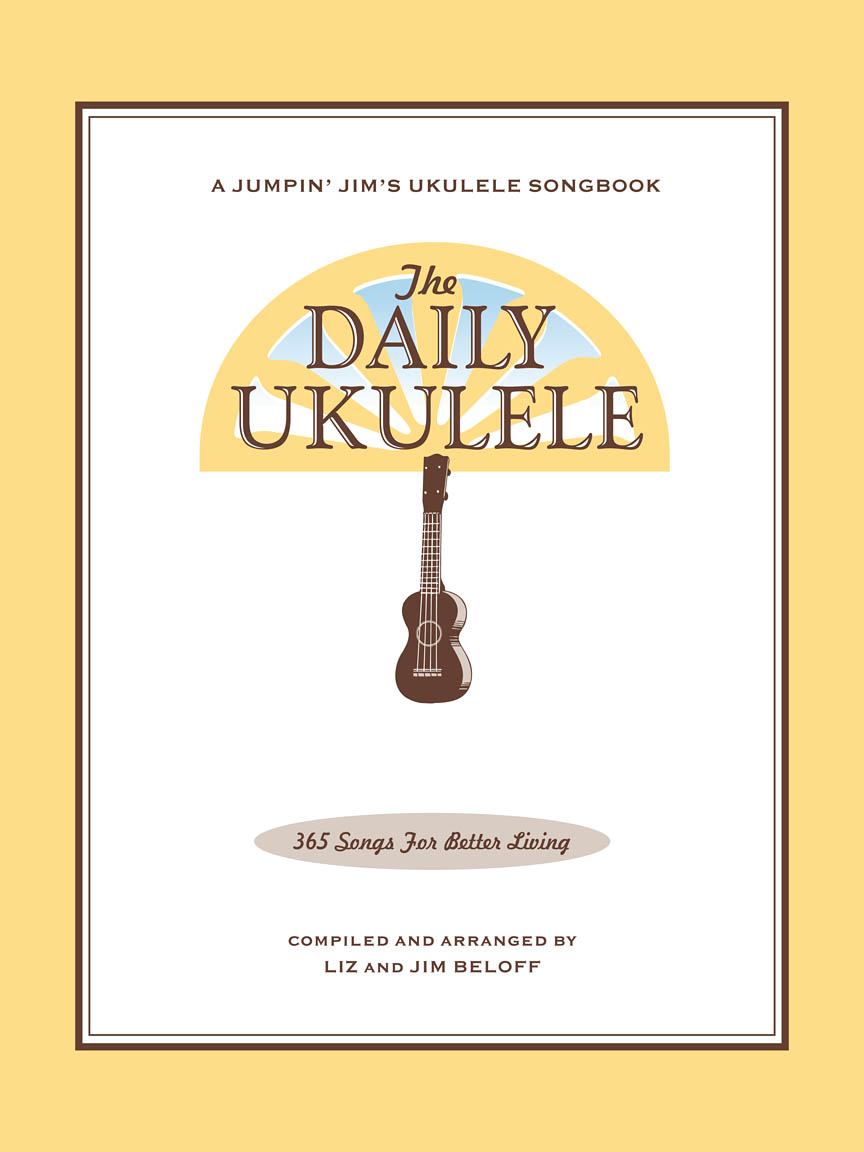
The Daily Ukulele— 365 Songs for Better Living book.




D.C.al Coda

lead leadsheet.Minimal roadmap information such as repeats, fine, D.S., D.C., and codas has been used in preparing the worksheets to somewhat mirror the leadsheet in the Daily Ukulele book.
Yellow Book. You should start to recognize that 1st endings typically always return to a previous verse or an
 section. With a 2nd ending, a transition to a different part of the song, a
section. With a 2nd ending, a transition to a different part of the song, a  or chorus. Harmonic Principles are used for these repeats and transitions.
or chorus. Harmonic Principles are used for these repeats and transitions.- Love Me Do is in 4/4, Common Time and the Key of C .
- Full Diatonic
- Partial Diatonic • Full Diatonic includes Secondary Dominant chords
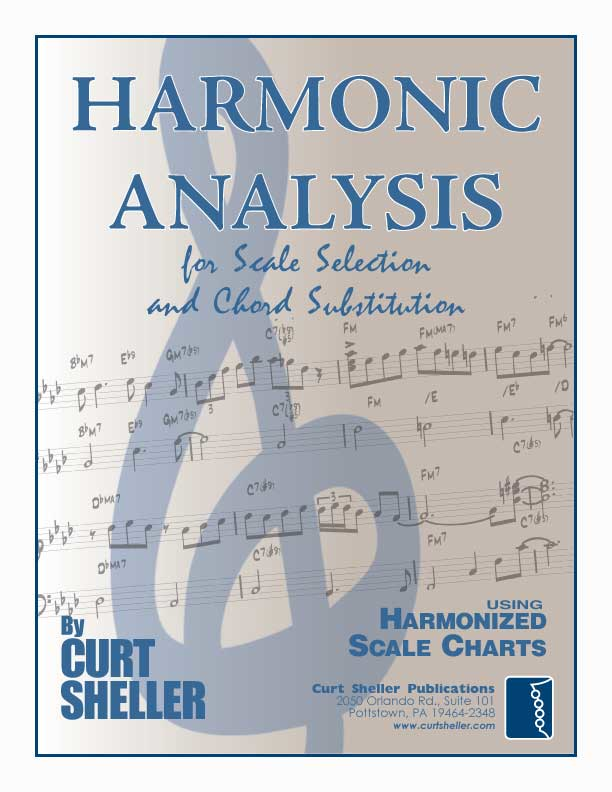
Contemporary Scales: Minor Pent: Minor Pentatonic, Pent: Major Pentatonic, Blues,
Scale/Mode Names: Ion: Ionian (Major), Dor: Dorian (Minor), Phrygian: Phrygian, Lyd: Lydian, Mix: Mixolydian (Dominant), Aeol: Aeolian (Natural Minor), Loc: Locrian
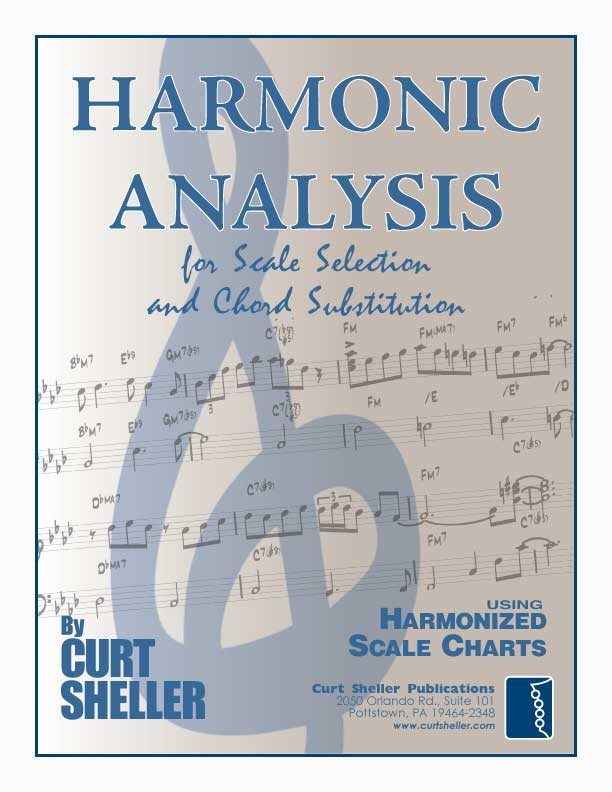
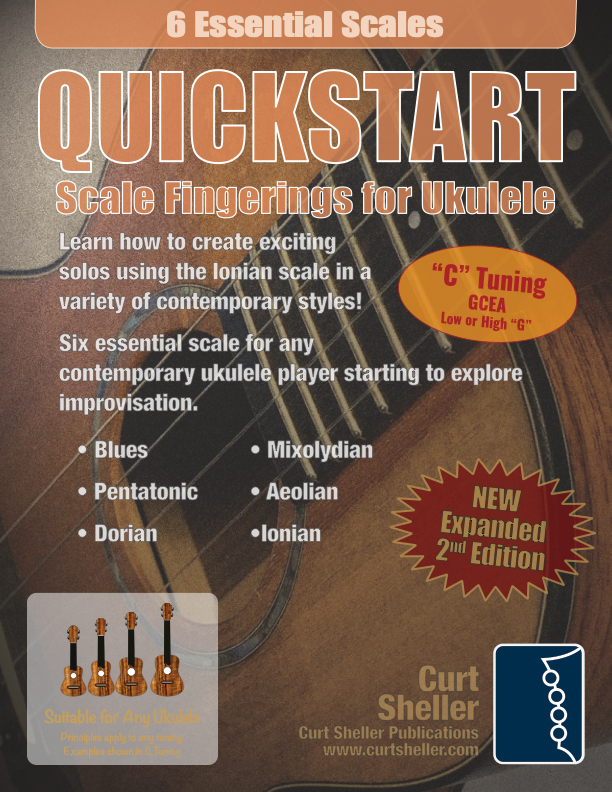
Diatonic Harmonica Part
John Lennon does a great harmonica part on Love Me Do.
– indicates a Draw
-5 5 -4 3 3 3 3
-5 -5 -5 5 5 5 -4 3 3 3 3
-5 5 -4 3 3 3 4 -3
3 3 3 3 3 3 4 -3
-3" 3 -2'
-3" 3 -2'
-3" 3 -2'
-2 -2" 2 -1
-3" 3 -2'
-2 -2" 2 -1
Related Lessons, Videos, Lesson Series, Songs, Books & Reference Charts, Resources & Assets, Workshops are below.

Harmonic Analysis (HA), also known as the study of chord relationships, is the method used to identify the harmonic role of chords within a chord progression or song. A chord progression refers to a sequence of chords, with each chord having a root note and belonging to a specific chord type. The function of a chord within a particular scale's tonality is determined by its relationship to that scale.
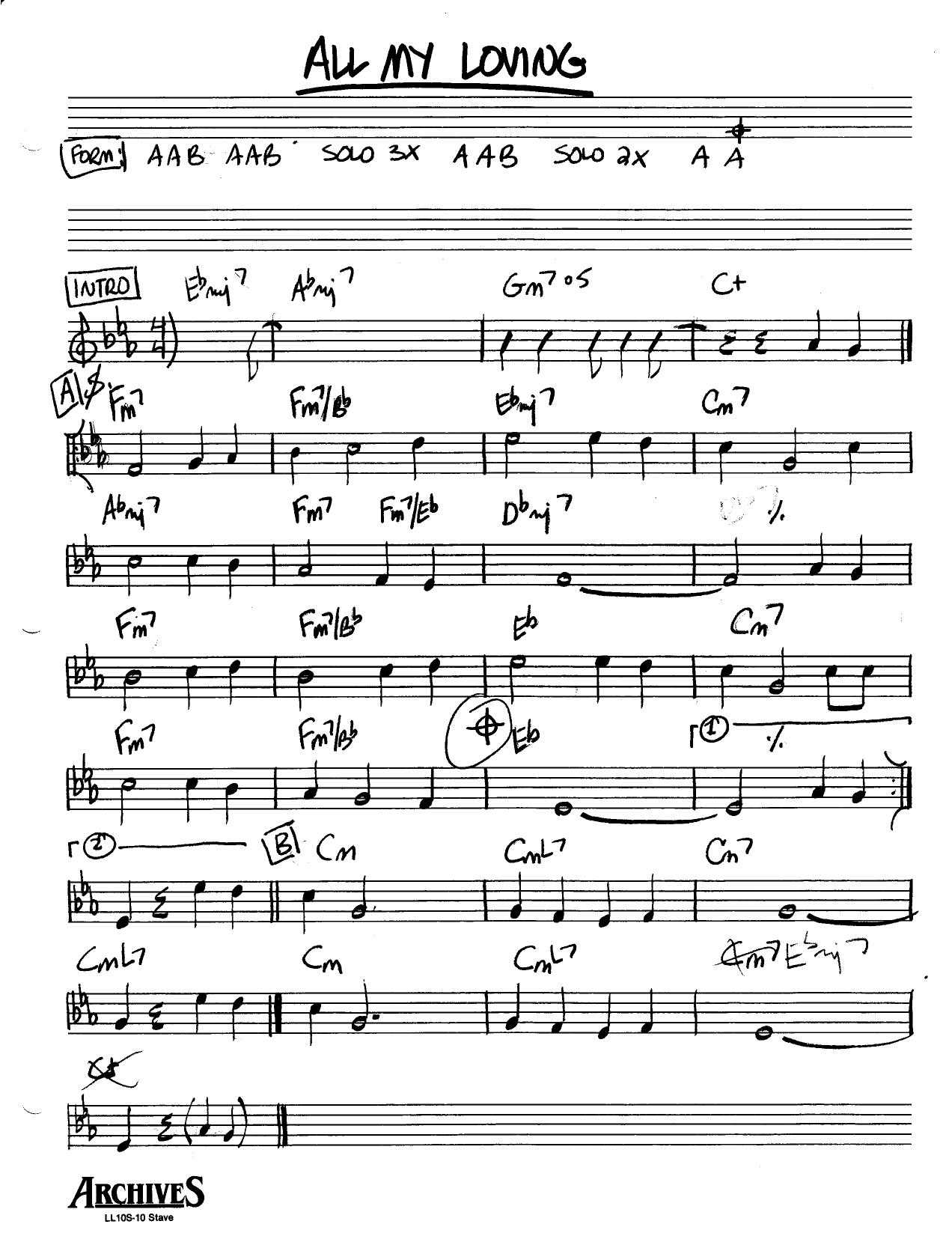
All My Loving is a song by the Beatles, written by Paul McCartney (credited to Lennon–McCartney), from the 1963 album With The Beatles. Though it was not released as a single in the United Kingdom or the United States, it drew considerable radio airplay, prompting EMI to issue it as the title track of an EP. The song was released as a single in Canada, where it became a number one hit. The Canadian single was imported into the US in enough quantities to peak at number 45 on the Billboard Hot 100 in April 1964.
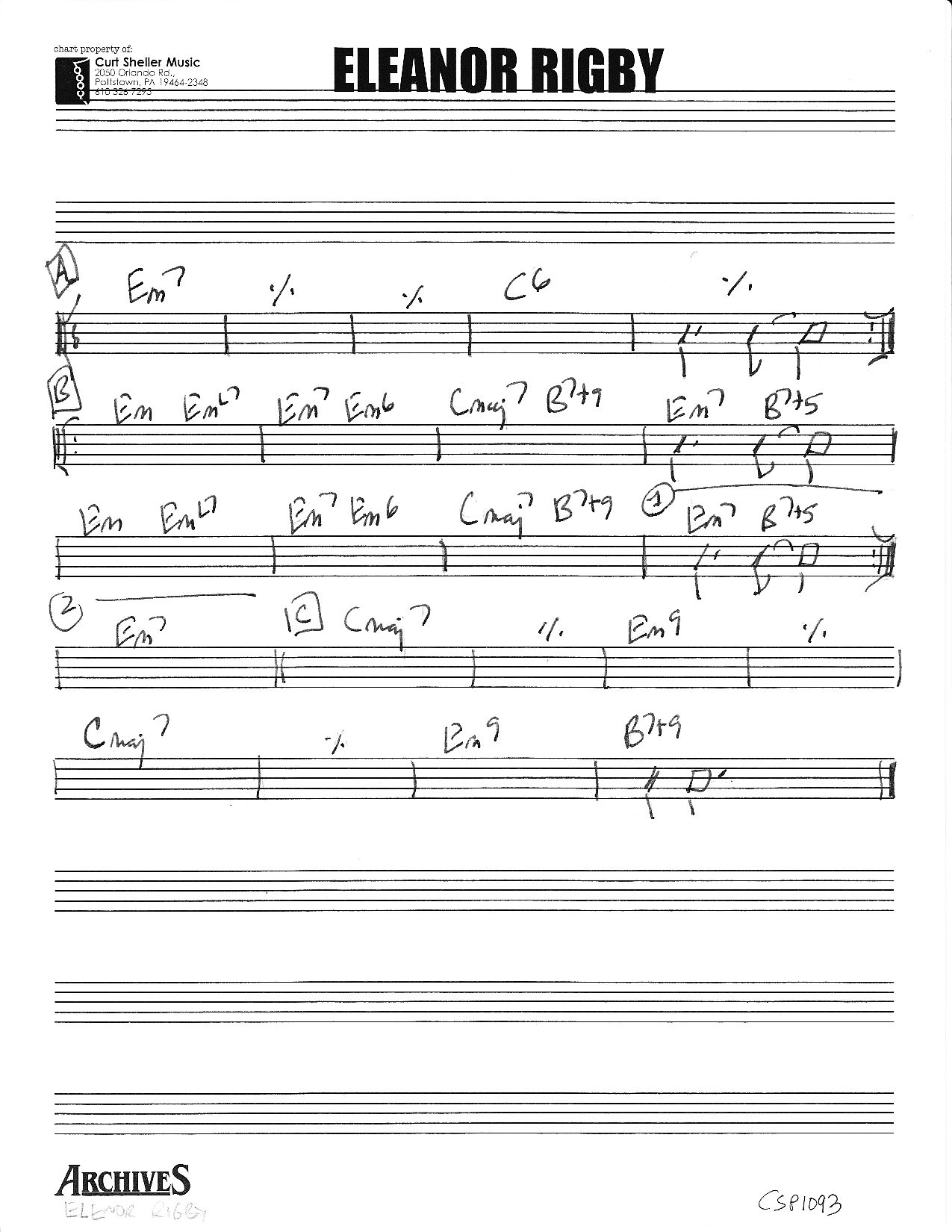
Eleanor Rigby is a song by The Beatles, originally released on the 1966 album Revolver. The song was primarily written by Paul McCartney, although in an interview conducted by Playboy magazine in 1980, John Lennon claimed that "the first verse was his and the rest are basically mine." Pete Shotton, a close friend of Lennon who was present at the time, said "Though John (whose memory could be extremely erratic) was to take credit, in one of his last interviews, for most of the lyrics, my own recollection is that 'Eleanor Rigby' was one 'Lennon-McCartney' classic in which John's contribution was virtually nil."
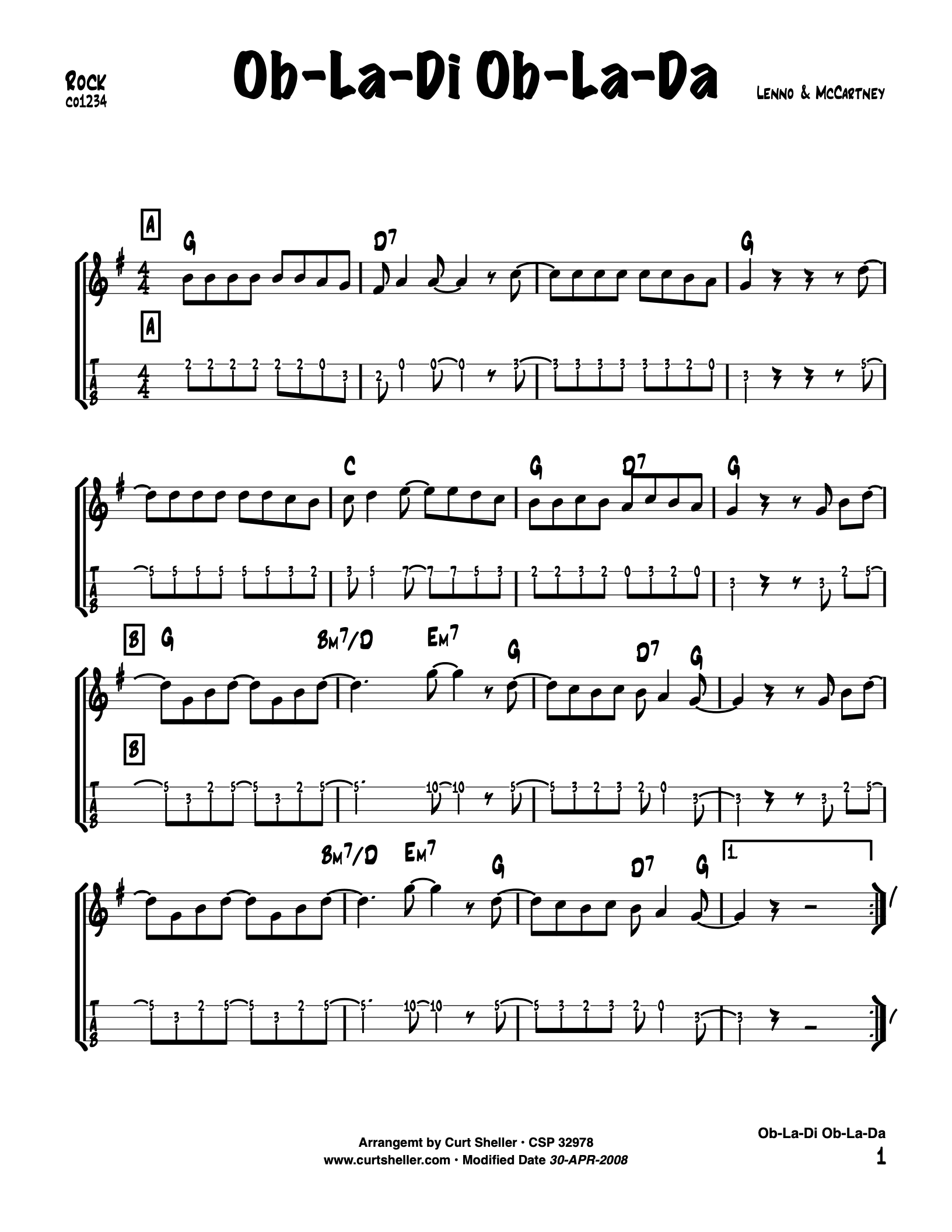
Ob-La-Di, Ob-La-Da is a song credited to Lennon–McCartney, but written by Paul McCartney and released by The Beatles on their 1968 album The Beatles ( also referred to as The White Album ). It was released as a single that same year in many countries, but not in the United Kingdom, nor in the United States until 1976.
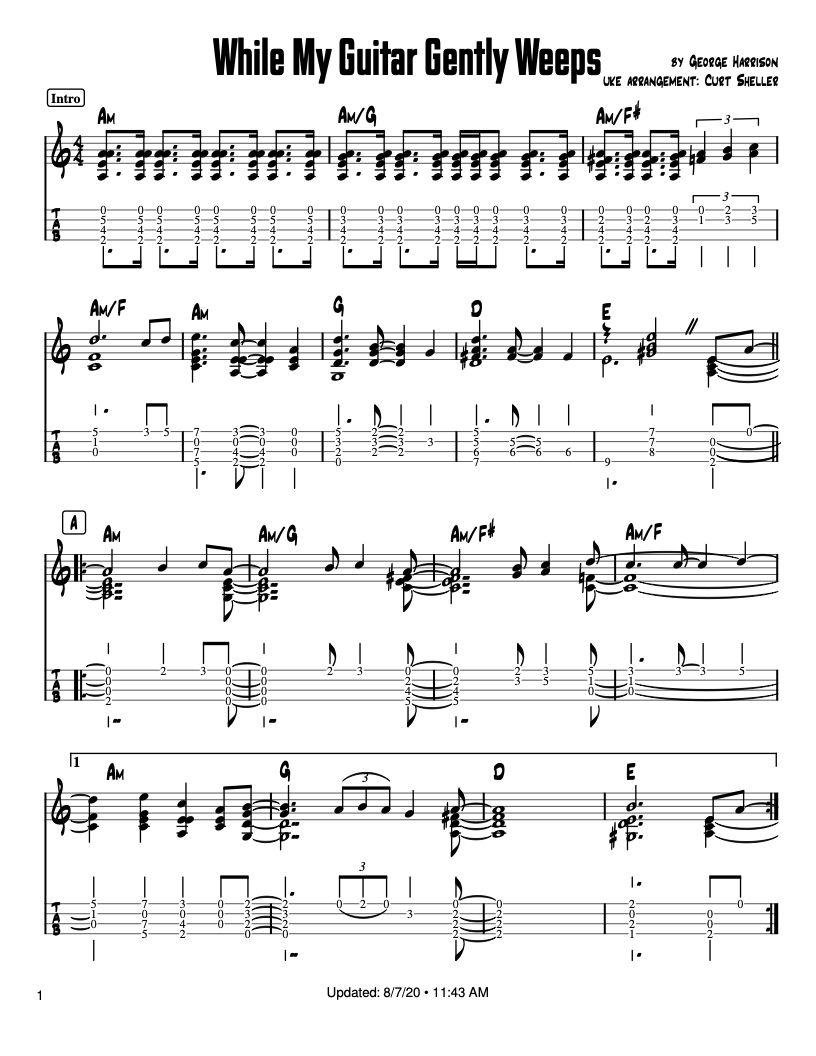
While My Guitar Gently Weeps is a song written by George Harrison of The Beatles for their double album The Beatles (also known as The White Album). The song was ranked #135 on Rolling Stone's list of the 500 greatest songs of all time and #7 on their list of the 100 greatest guitar songs of all time.
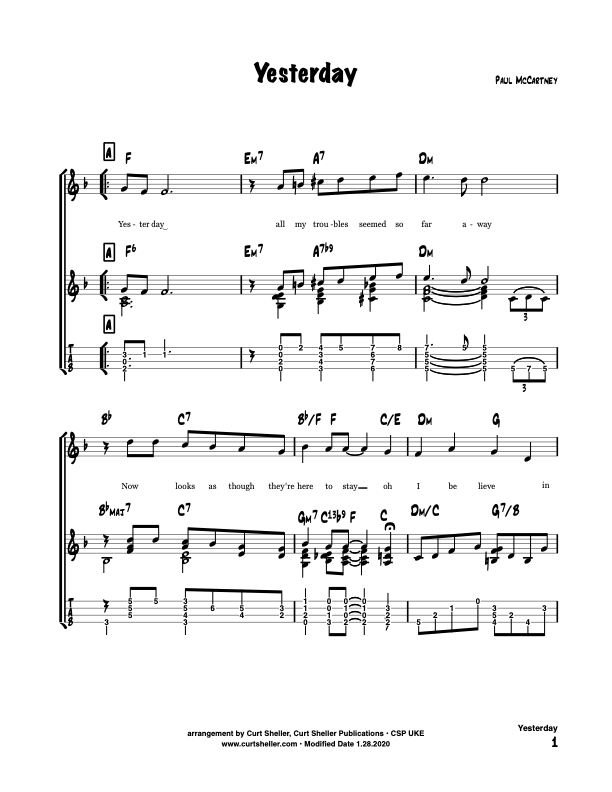
Yesterday is a song originally recorded by The Beatles for their 1965 album Help!. The song first hit the United Kingdom top 10 three months after the release of Help!. The song remains popular today with more than 1,600 cover versions, one of the most covered songs in the history of recorded music. The song was not released as a single in the UK at the time of its release in the United States, and thus never gained number 1 single status in that country. However, “Yesterday” was voted the best song of the 20th century in a 1999 BBC Radio 2 poll of music experts and listeners.
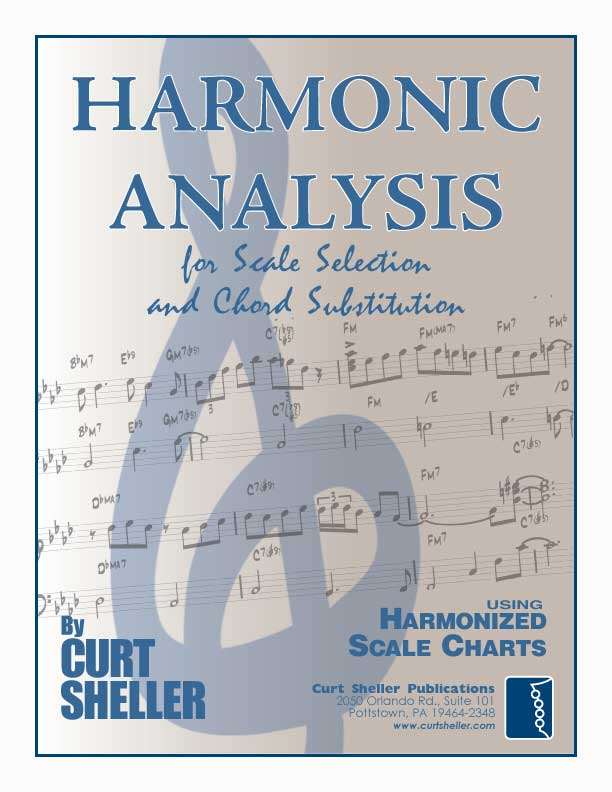
Harmonic Analysis is the understanding of the functional sequence of chords. It is the process used to analyze the harmonic structure of a progression, song or composition. This analysis is then used to make scale selections for improvisation and chord substitution.
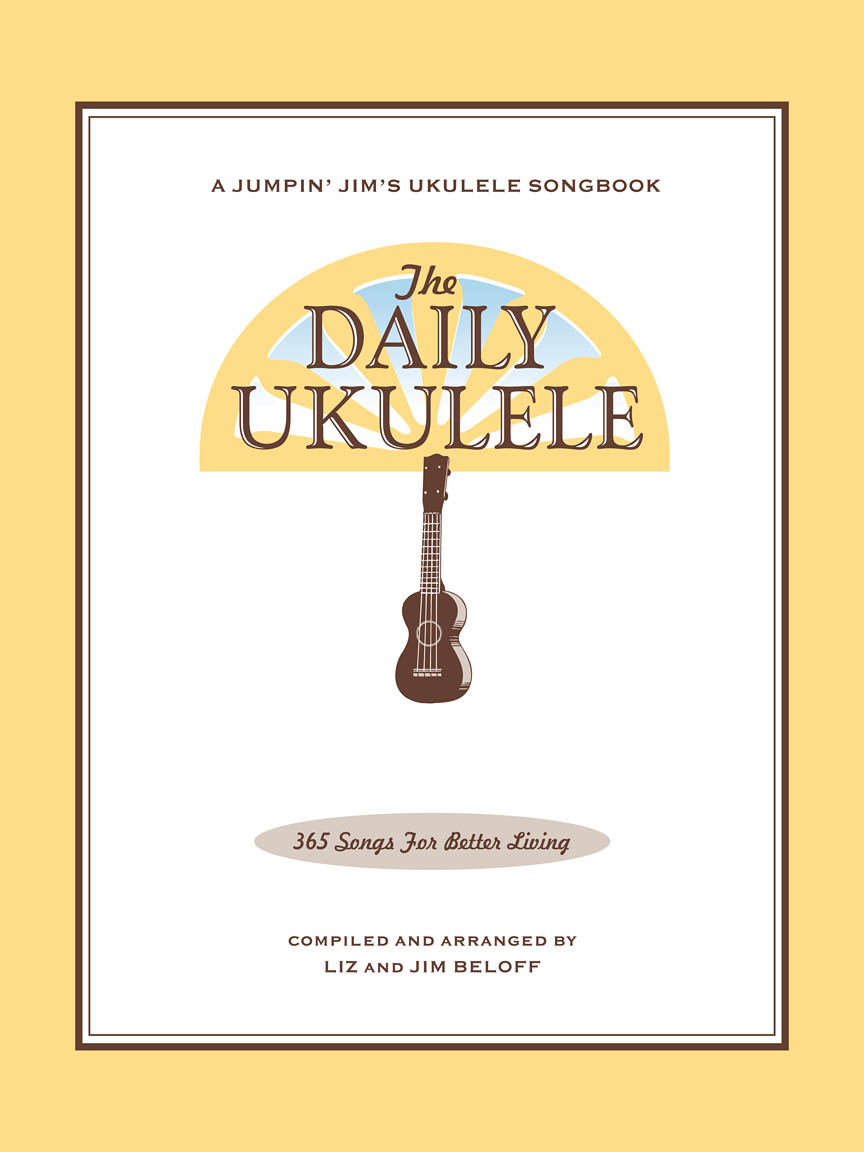
Strum a different song every day with easy arrangements of 365 of your favorite songs in one big songbook! The Daily Ukulele features ukulele arrangements with melody, lyrics and uke chord grids and are in ukulele-friendly keys that are particularly suited for groups of one to one hundred to play and sing.
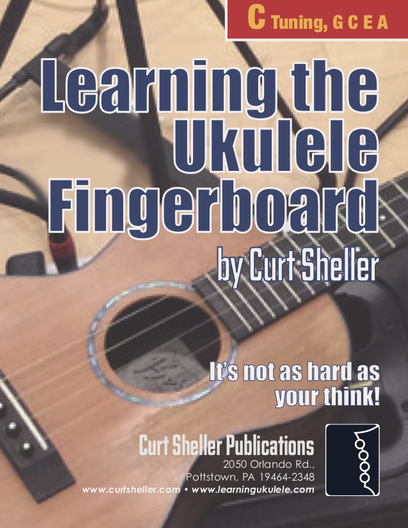

return in your investment)—it is this— learning the
f*ckingnotes of your OWN instrument. Sorry for the tough talks—but it is sooooo true!

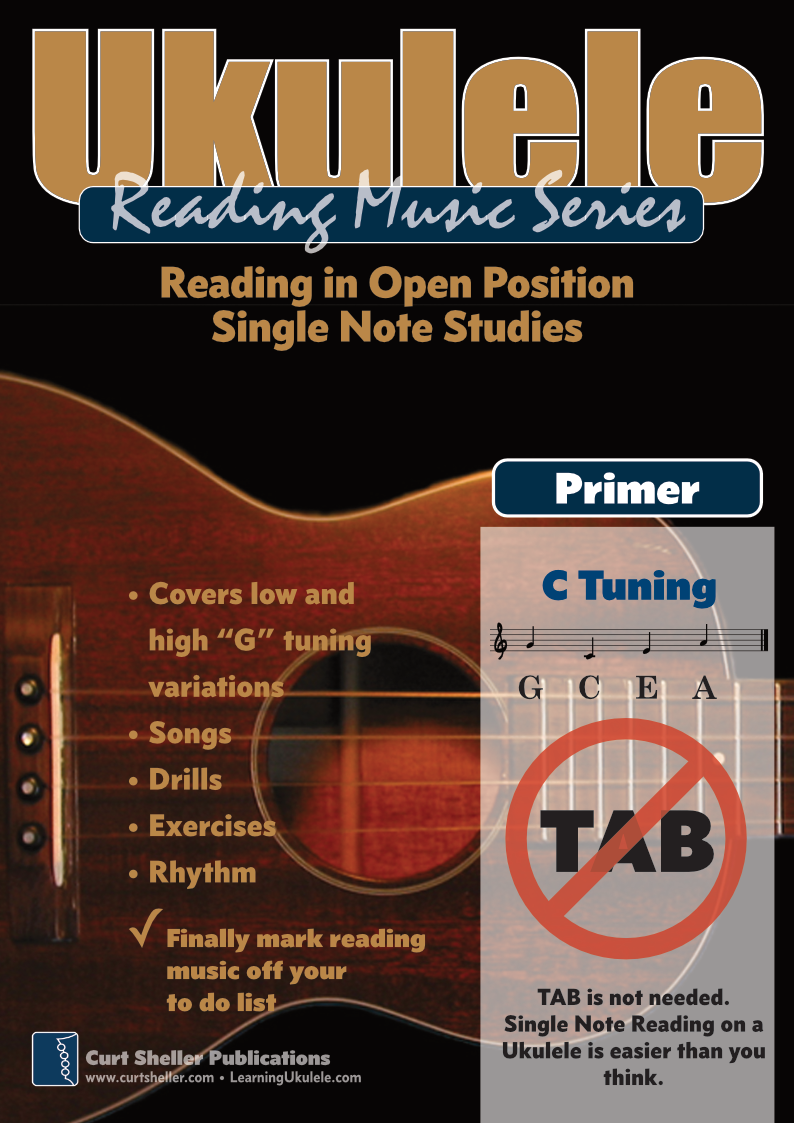
Learn to read single note melodies in the first/open position is a lot easier than you might think. Book: Ukulele – Reading Music Series – Primer
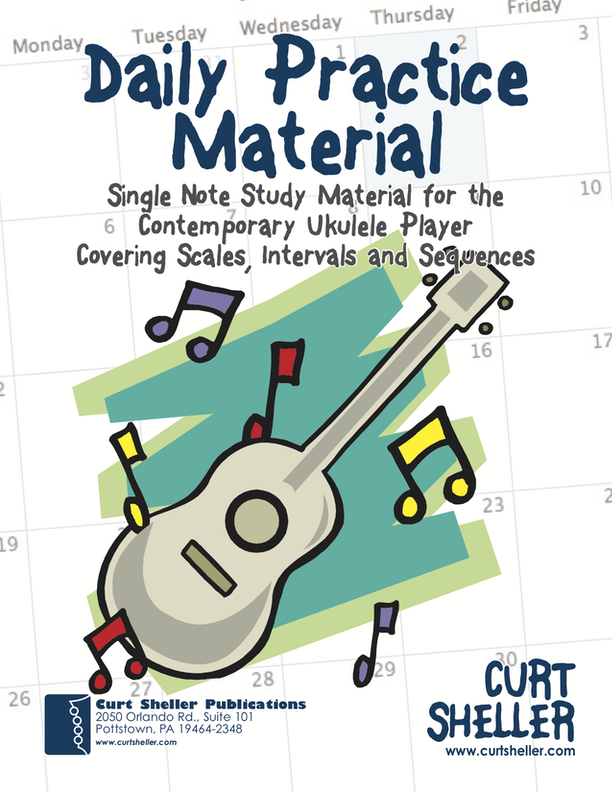
An organized collection of daily practice and reference material for the contemporary ukulele player for developing the vocabulary and knowledge necessary for single note playing. Book: Daily Practice Material for the Contemporary Ukulele
Checkout the Books & Reference Charts for additional Handy, Dandy Reference Charts.
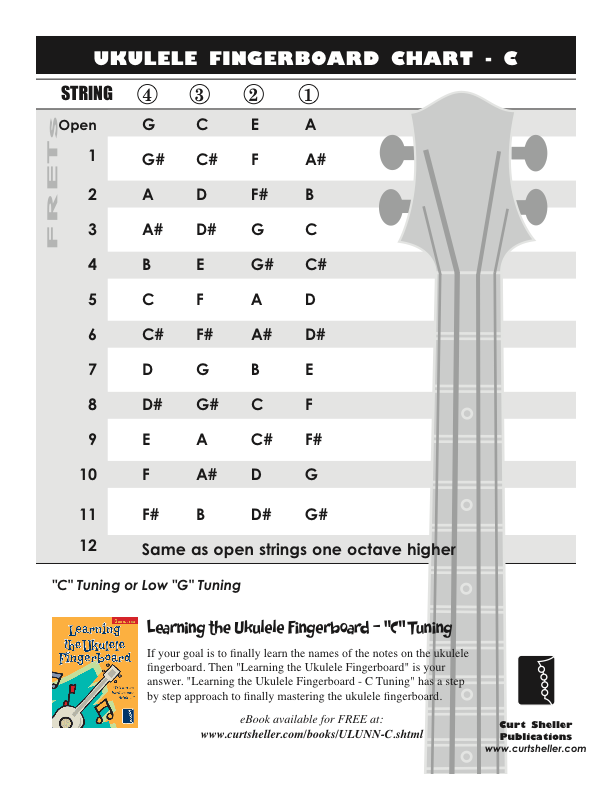
Ukulele Fingerboard Chart for C Tuning, Low or High G – G C E A
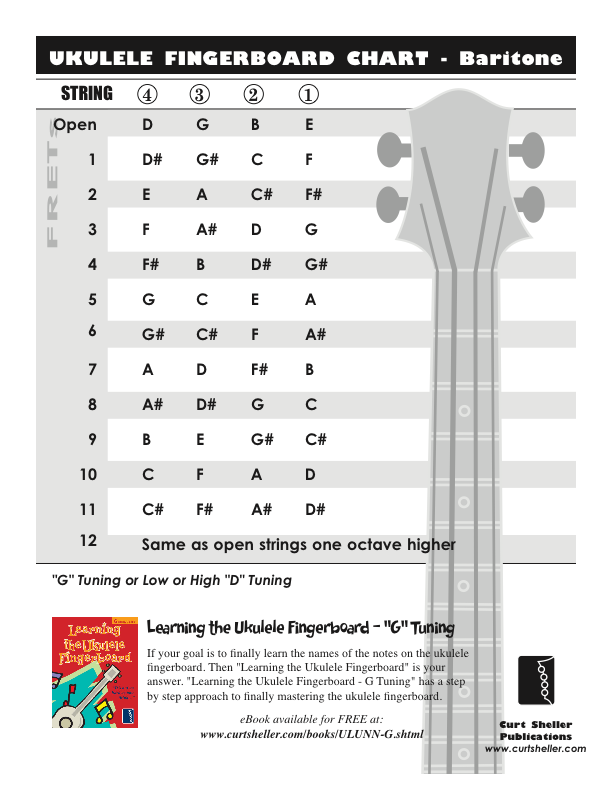
Ukulele Fingerboard Chart for G Tuning, Low or High A – D G B E
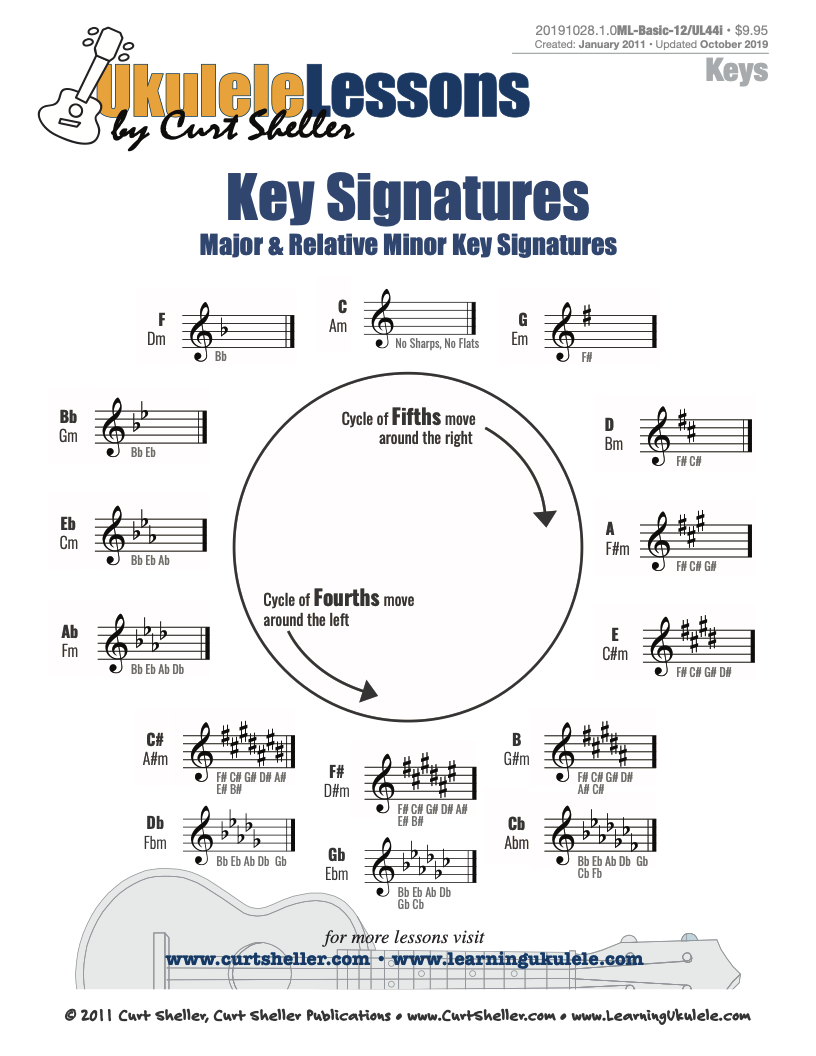
A handy reference chart of all 15 major and relative minor key signatures. US Letter 8.5 x 11 sized (ANSI-A) , A4



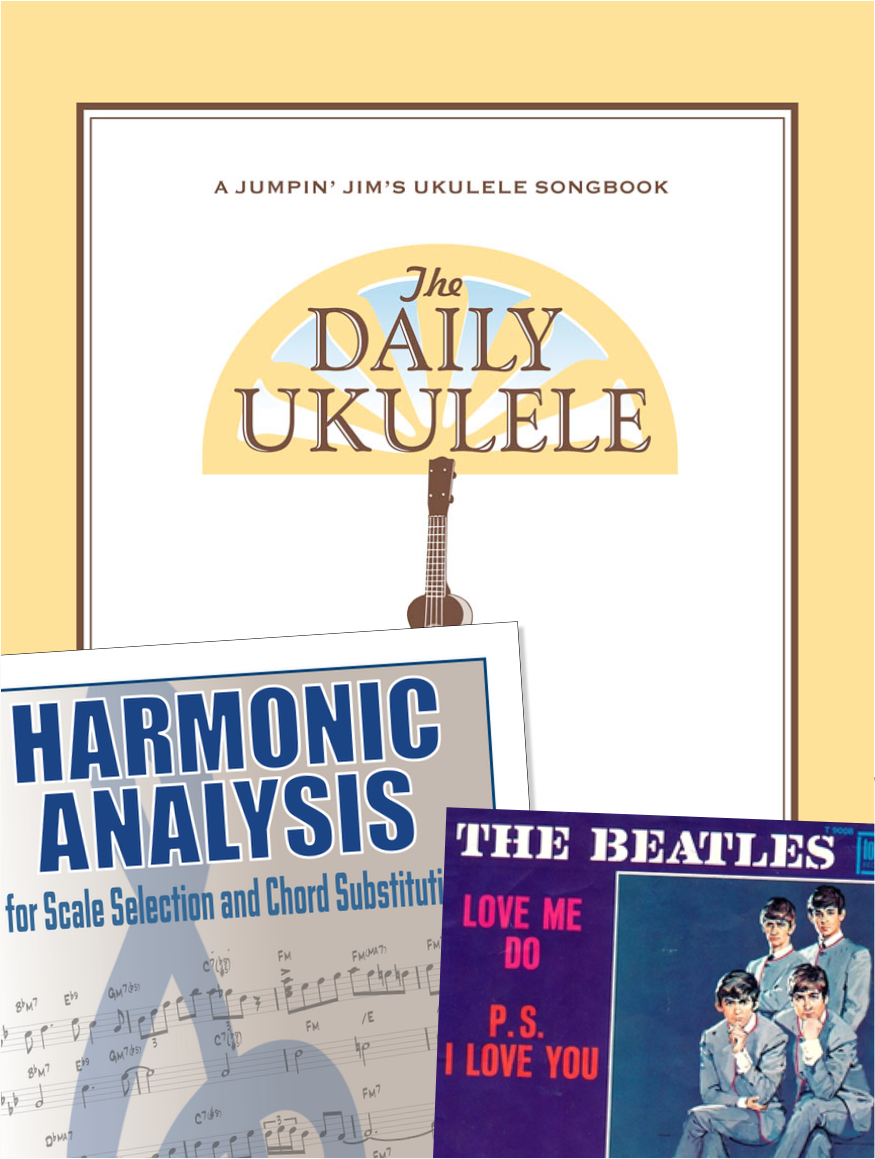
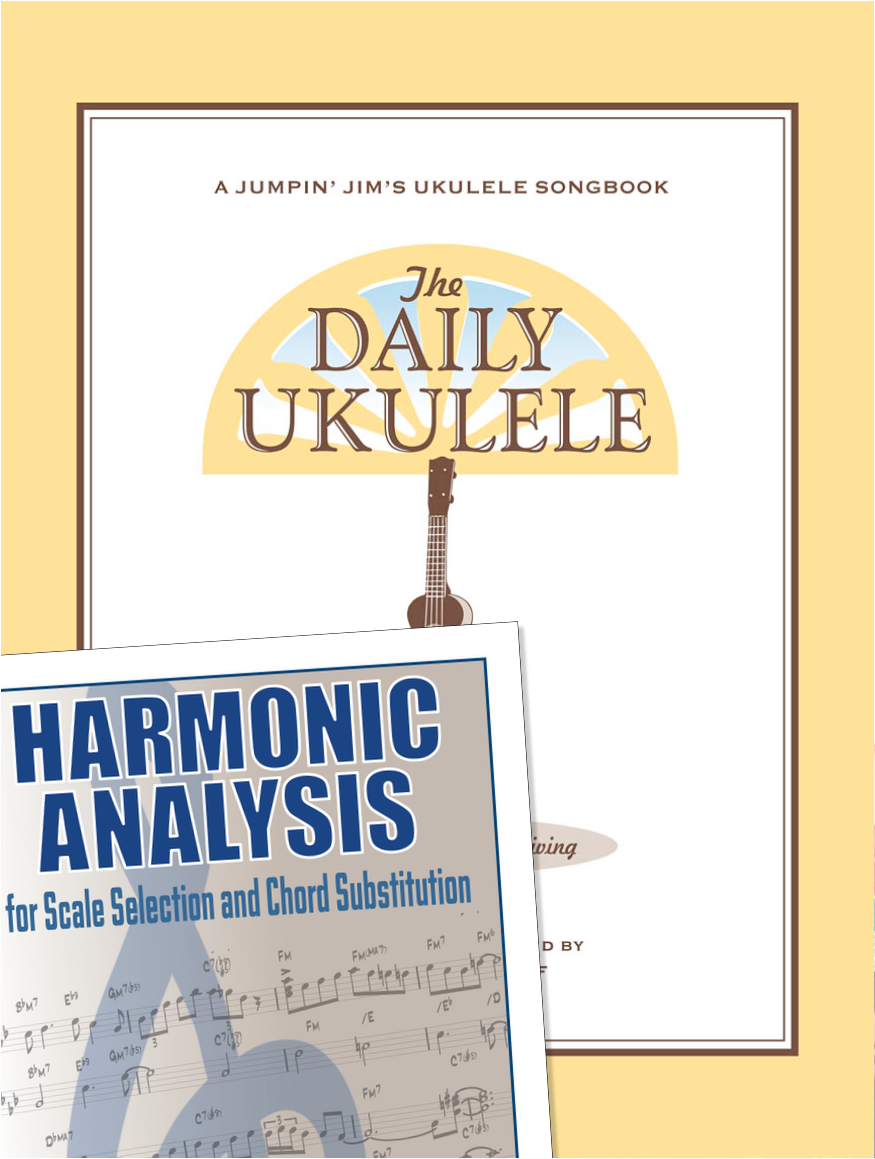
.jpg)